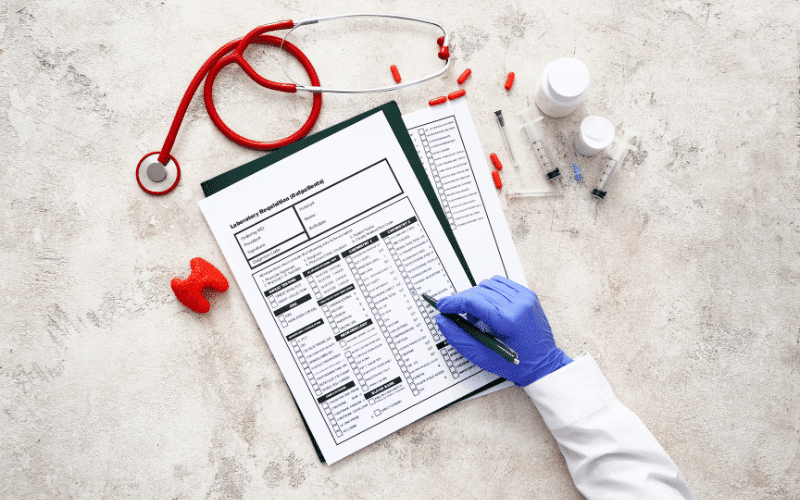FAQs About FTC

1. Can FTC occur in children?
Yes, while it’s less common, children can also be affected by FTC. It’s important to note that thyroid cancer in children often presents differently than in adults, and the treatment and prognosis can also vary.
2. Can FTC be prevented?
Currently, there’s no known method to prevent FTC. However, regular self-examinations of the neck area and awareness of the disease’s symptoms can help in early detection, which is crucial for successful treatment.
3. Are there any known risk factors for FTC?
Certain factors can increase the risk of developing FTC, including a history of goiter, exposure to high levels of radiation, and certain inherited genetic syndromes. However, FTC can occur even in the absence of these risk factors.
4. What are the treatment options for FTC?
The treatment of FTC typically involves surgery to remove the thyroid gland (thyroidectomy), sometimes followed by radioactive iodine treatment to destroy any remaining cancer cells. Other treatments, such as hormone therapy, radiation therapy, and chemotherapy, may also be used, depending on the disease stage and patient’s overall health.
5. What is the prognosis for FTC?
The prognosis for FTC is generally good, especially when diagnosed early. Survival rates are high, particularly in younger patients. The stage of the disease, the patient’s age, and overall health can all influence the prognosis.
6. Can FTC recur after treatment?
Yes, like any cancer, FTC can recur after treatment. This makes regular follow-up visits crucial for patients who’ve been treated for FTC. If a recurrence is detected early, it can often be effectively treated.
Conclusion: Decoding FTC
FTC is a type of thyroid cancer that can manifest in various ways. From a palpable nodule in the neck to more systemic symptoms like unexplained weight loss or constant fatigue, FTC symptoms cover a wide spectrum. The key to managing FTC effectively lies in early detection, which hinges on awareness of these symptoms.
By familiarizing ourselves with these symptoms, we can better listen to our bodies and recognize when something might not be right. And when it comes to cancer, catching it early can make a world of difference. Always remember, your health is in your hands – pay attention to your body, know the signs, and don’t hesitate to seek help when you need it.